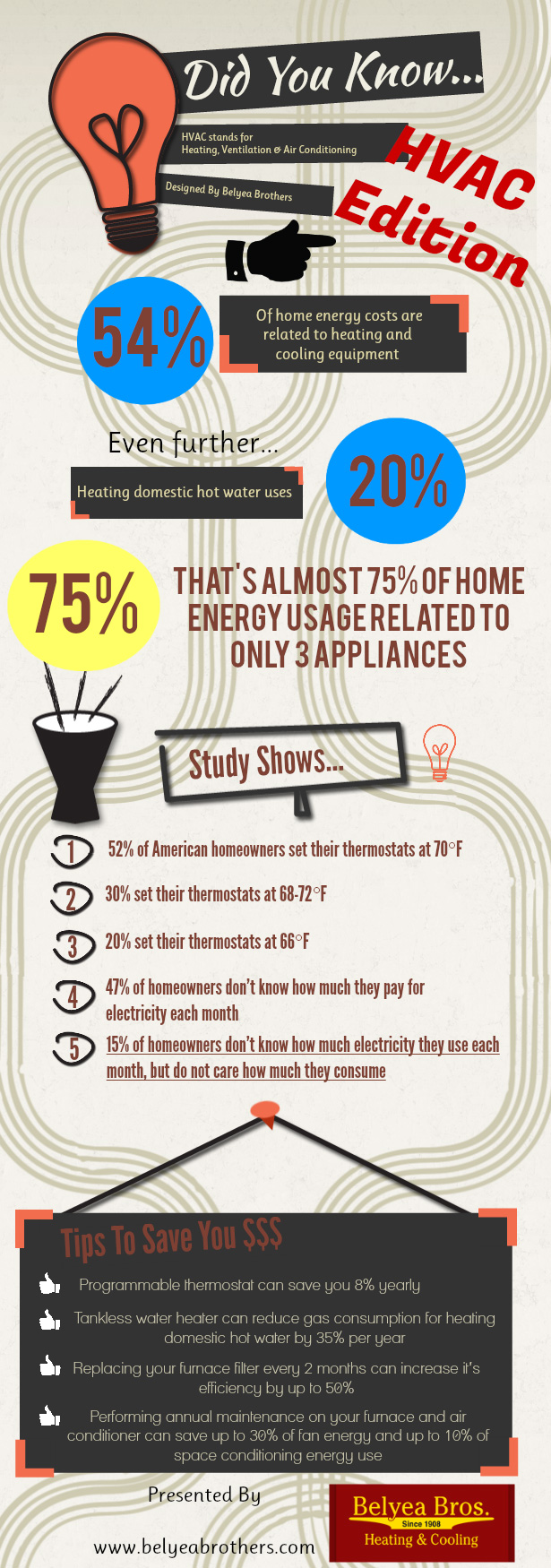Discovering The Environmental Advantages Of Warmth Pumps - A Lasting Heating Solution
Discovering The Environmental Advantages Of Warmth Pumps - A Lasting Heating Solution
Blog Article
Uploaded By-Barry Burgess
In an age where sustainability and power performance are extremely important, several companies seek green home heating options. One such option is the heatpump.
A heat pump removes the warmth in its environments and pumps it right into your home, leading to one of the most effective environmentally friendly main heater around. This process additionally generates no greenhouse gas discharges, making it an extremely sustainable modern technology.
Power Effectiveness
Heat pumps are really energy effective and call for little maintenance. They utilize much less electrical power than other heating unit and are without a doubt one of the most eco-friendly. They work well with rooftop solar and can typically pay for themselves in utility savings alone.
They can additionally provide cooling, which is excellent for garage workshops, attic hangouts and benefit spaces, and home enhancements without expanding the existing ductwork. They can even be made use of for retrofits in existing homes with hydronic (water-based) circulation systems such as reduced temperature radiators or radiant floorings.
Try to find designs with SEER and HSPF rankings that meet or surpass Canada's minimum standards, along with the criteria in your area. Higher scores suggest better efficiency, which saves you money over time and lowers your carbon impact. You could also receive refunds and motivations! The very best systems are those with a ground heat exchanger for included efficiency. These devices can take in thermal energy from the ground during the winter and essence it in the summer.
Reduced Greenhouse Gas Emissions
Heatpump operate on electrical power and basically move warmth from the air, also when it's cold outside. They have the ability to remove the complimentary heat entraped in air fragments and relocate them inside your home, minimizing humidity while doing so.
Compared to gas heaters, contemporary heatpump make use of less than one kilowatt of electricity per kilowatt of home heating power they generate. This makes them one of the most energy reliable heating choice available with a COP (Coefficient of Performance) of four or more. By reducing the demand for nonrenewable fuel sources, heatpump help in reducing greenhouse gas exhausts and cut other major air contaminants.
Structure decarbonization is a worldwide crucial, and the a/c industry is an essential chauffeur of that procedure. Whether it's investor making net zero dedications, policy manufacturers setting emissions limits, or occupants demanding greener areas, electric heat pumps are being recognized as a crucial remedy. They are an affordable means to lower carbon discharges by removing the need for nonrenewable fuel sources in buildings.
Convenience
Heatpump can be used in numerous types of homes and structures-- with or without ducts. They work with hot-water radiators, air-conditioning and programmable thermostats. They can replace heating systems or be installed in new residences. They can work on photovoltaic panels, geothermal systems and even district heating sources like wastewater.
They're great at supplying even more heat per energy device. For example, an air-source heat pump generates as much as three or even more heating units from each electricity unit it consumes.
Obtaining the most from your heatpump will certainly depend upon your climate zone and quality of insulation. Seek versions with power celebrity rankings and contrast their SEER or HSPF specifications. In warmer climates, concentrate on SEER; in chillier regions, think about a system with a higher HSPF rating. On https://renewableenergyzone.com/uncategorized/104200/global-hvac-maintenance-service-market-up-to-date-information-and-insights-till-2025/ of that, purchase air sealing and insulation to minimize the tons on your heatpump. That will enhance power performance and help you reach your Internet Zero objectives quicker.
Biomass Boilers
Biomass boilers make use of timber pellets, chips or logs to create heat and hot water. They are a good choice for off-grid properties or those who intend to get off the gas grid.
As a standalone furnace, biomass can supply sufficient power to maintain your home cozy all year round without the typical warmth drop off of various other sustainable technologies. They can also be used combined with solar panels to increase cost savings and take advantage of RHI settlements.
A drawback of these systems is the upfront expense and normal gas shipments. Often, pellets will need to be blown into a fuel shop using a vacuum system or they can be manually fed right into the boiler through a hopper. Logs are normally self-sourced from close-by timberland or bought wholesale. As well as this, they need hands-on loading and may require cleansing regularly.